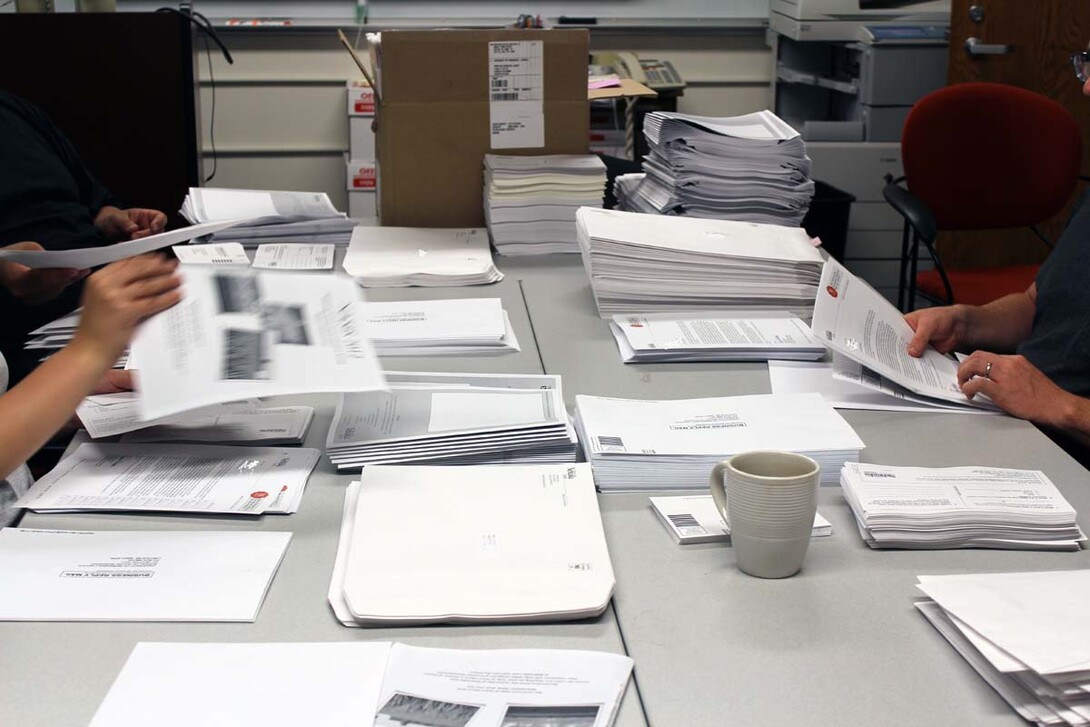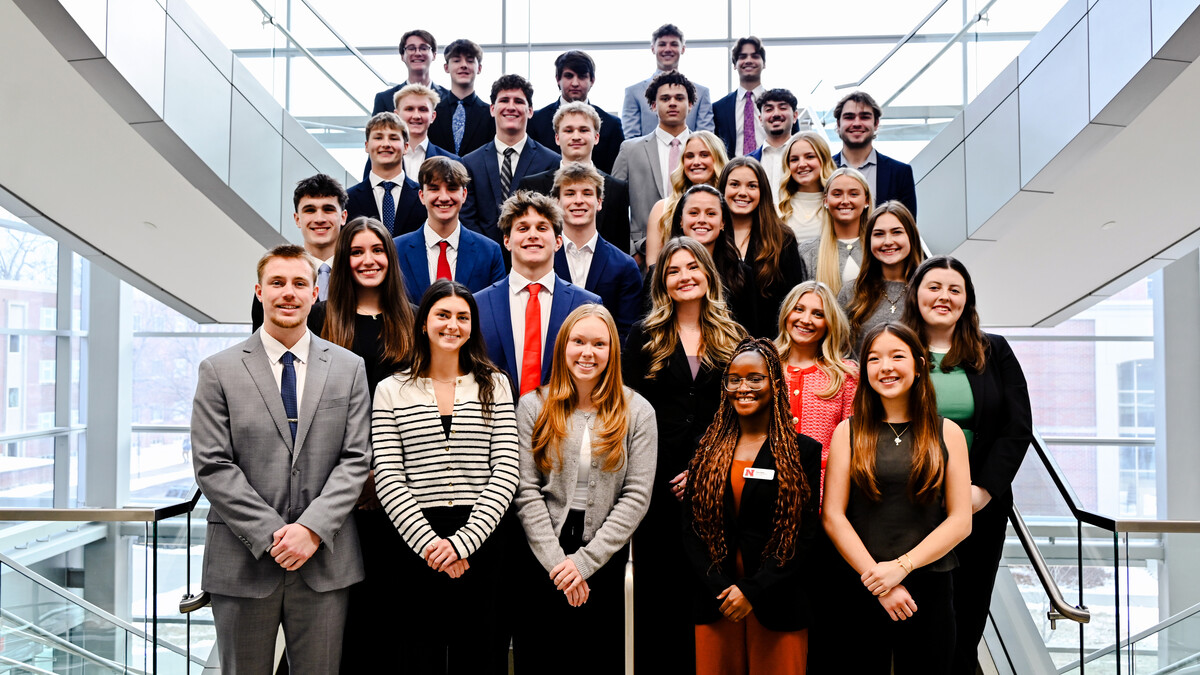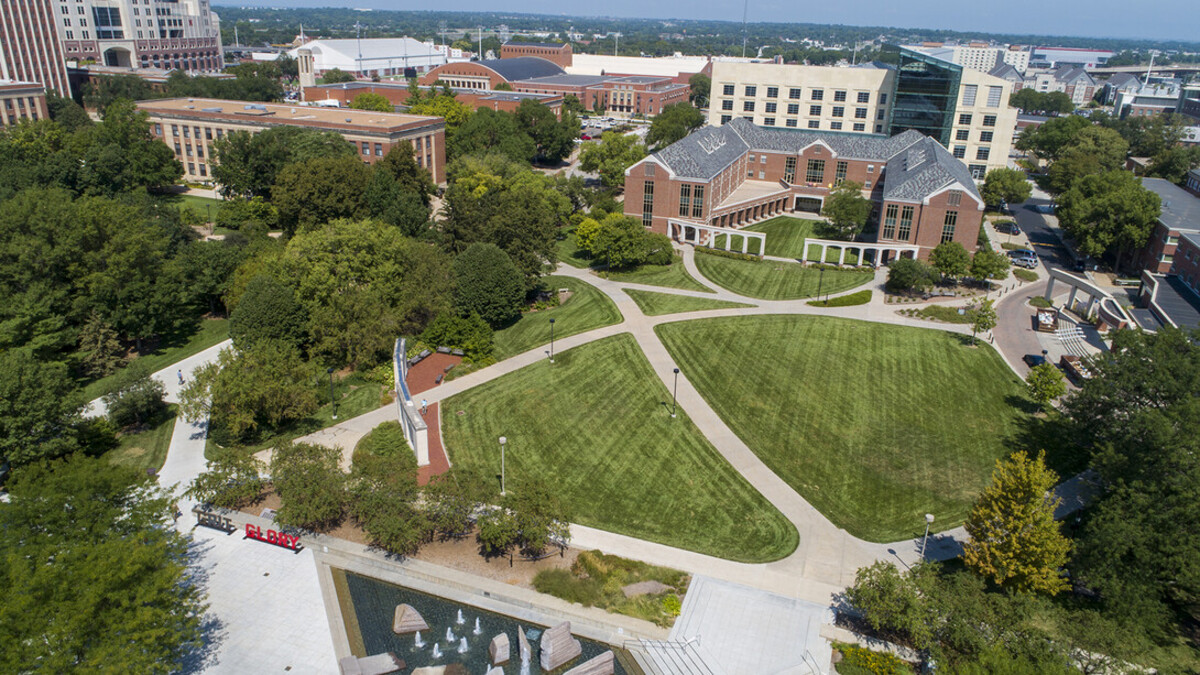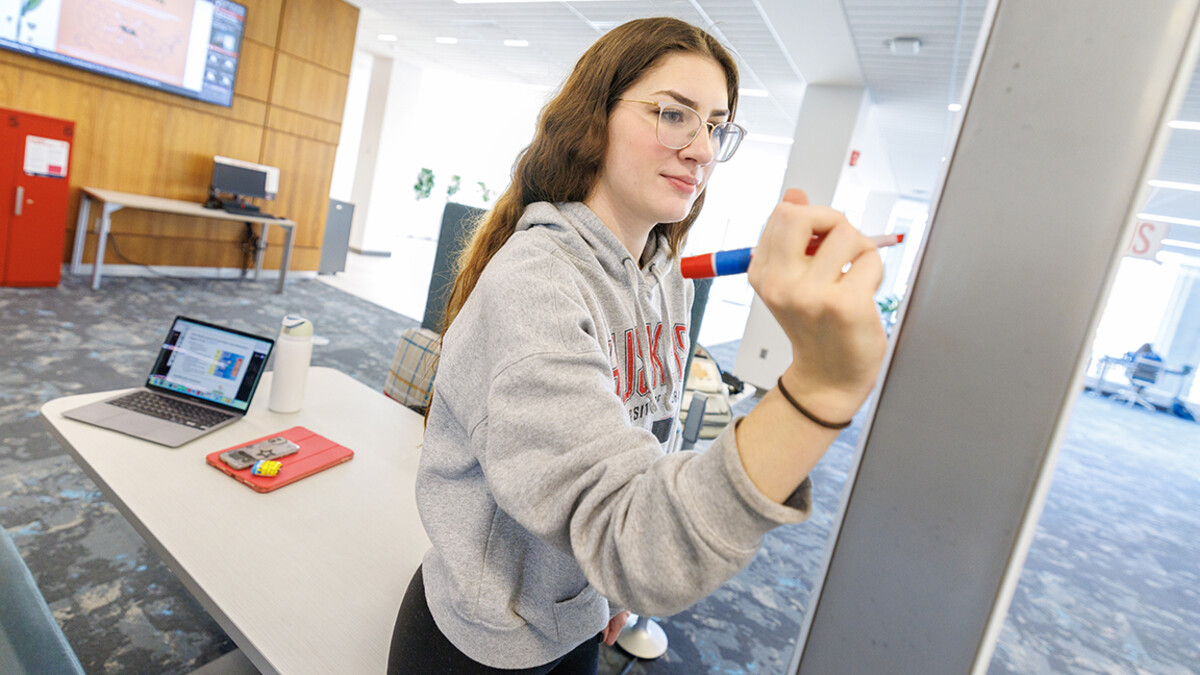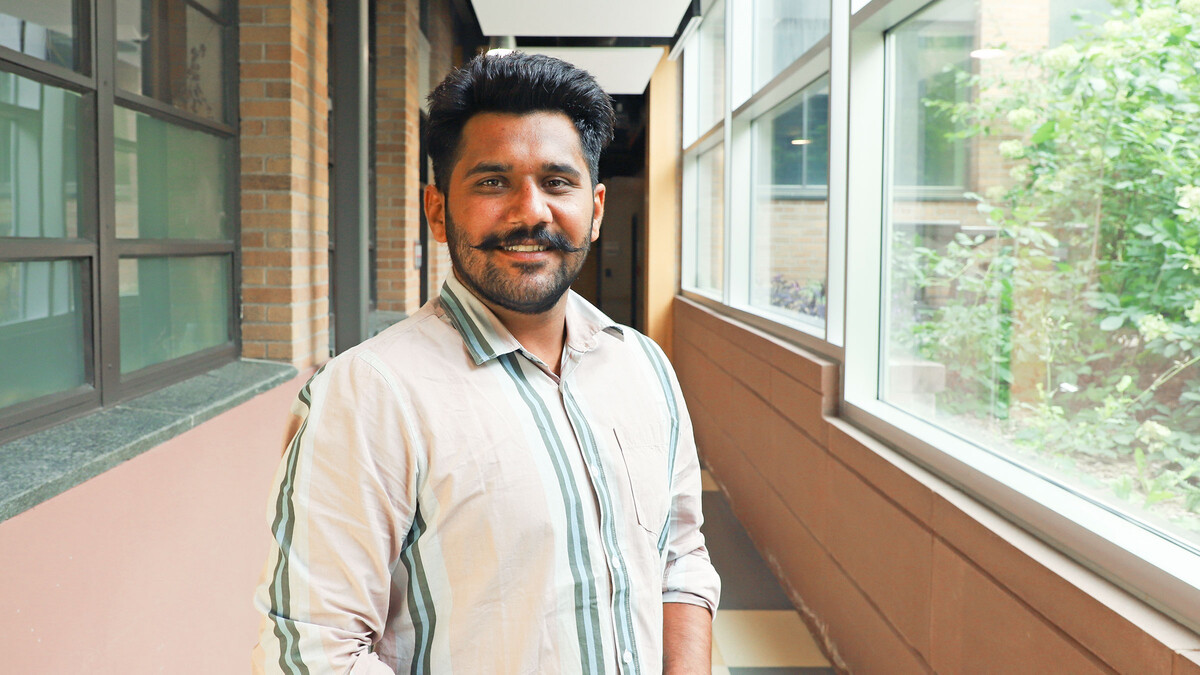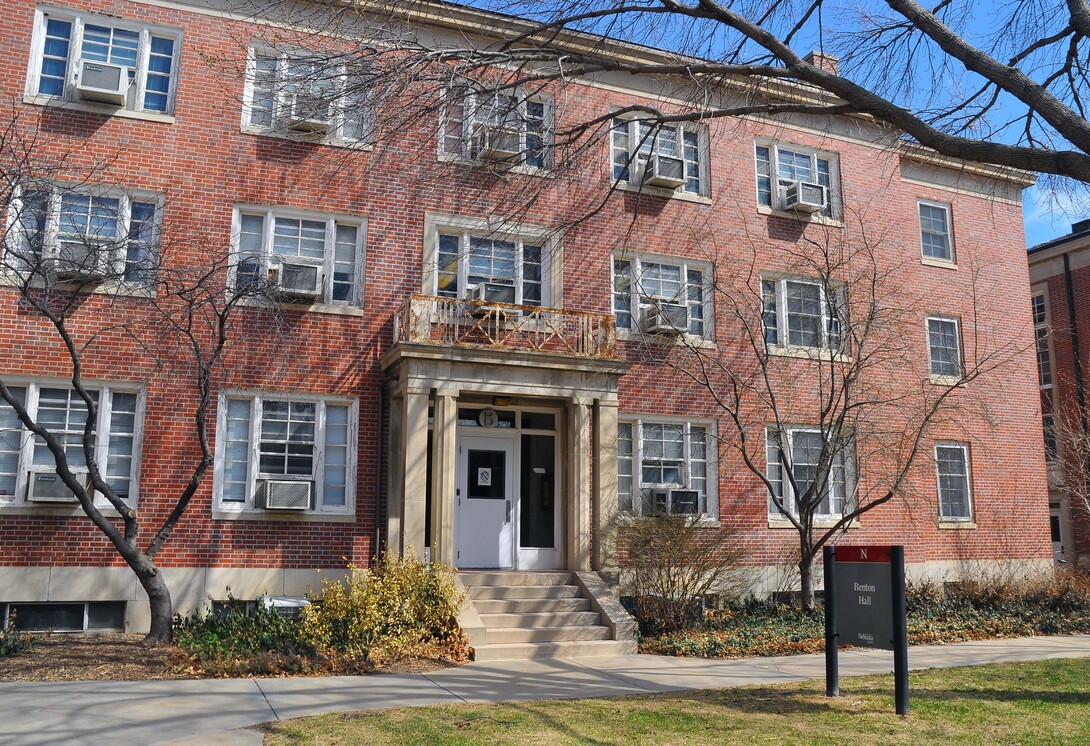
The year was 1964.
Lyndon B. Johnson was the president, but the Beatles were overtaking the United States. Richard Burton and Elizabeth Taylor made their tabloid relationship official. Cassius Clay — before he was Muhammad Ali — was the heavyweight boxing champion of the world.
And the University of Nebraska formed the Bureau of Sociological Research to help scientists in their quests for information.
Fifty years later, the BOSR has grown into a successful research shop that provides consultations, data collection, budgeting assistance, data processing and various other forms of research support.
The bureau is celebrating this achievement with a 50-year anniversary celebration April 2 with an open house, panel discussion and colloquium that will highlight BOSR’s accomplishments. The open house is 9 to 11 a.m. in Benton Hall, followed by a colloquium at 12:30 p.m. and a panel discussion at 2 p.m., both in the Nebraska Union.
Amanda Richardson, assistant director of the BOSR, said the Bureau is taking this opportunity to celebrate its accomplishments.
“We’re proud and this is a good way to celebrate our accomplishments and our service to the university and the state,” she said. “We’re pretty excited about making it 50 years.”
Those five decades have been marked by change in methodology, research questions, funding and more. One of the biggest shifts has been in how data is collected, Richardson said, and the response rates to surveys and questionnaires.
In her 10 years with the bureau, Richardson said telephone surveys have been replaced by mail and electronic media, but at one time, telephone surveys had replaced face-to-face surveys.
“I think that it’s a cultural shift,” Richardson said. “We used to feel like we needed to respond to everyone who called our household or sent us a piece of mail. We just don’t feel that way anymore. ‘I didn’t answer my phone. I threw away my mail. I didn’t click on the link in the email that was sent to me.’ Everyone’s to blame for declining response rates.”
Despite lower response rates, Richardson said the bureau has been able to work with researchers in order to collect data truly reflective of the population.
“There’s been a lot of work with methods and we’ve learned that it’s not so much your response rate that matters, but it’s the bias in those who are responding that matters, and if you do everything to reduce that bias, you can have a lower response rate, but still have a very representative survey,” Richardson said.
Despite declining response rates, Richardson said the bureau is still successful. She said some reputable nationwide surveys response rates are as low as 3 percent.
“We are averaging in this state around 30 percent,” she said.
Richardson attributes some of that success to the consulting her staff does on developing questionnaires and surveys.
“We work with our clients a lot to think through what are you asking respondents to do for you,” she said. “Being a conscientious researcher and saying, ‘I’m asking a lot of people and what can I do to minimize that burden?’ is important and that’s something we try to work on with our clients.”
Currently, the BOSR has 18 full-time employees. Richardson said that number could likely increase in the future.
“There’s been a ton of research growth on campus and that’s gone hand in hand with our success,” she said. “We try to keep research dollars here so that faculty aren’t having to pay other institutions. We’re thrilled to help keep those dollars here and help to support research at UNL”
